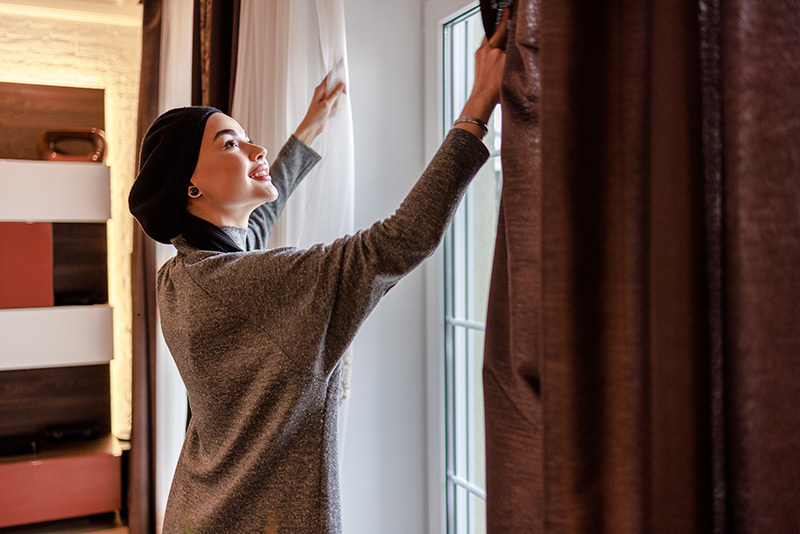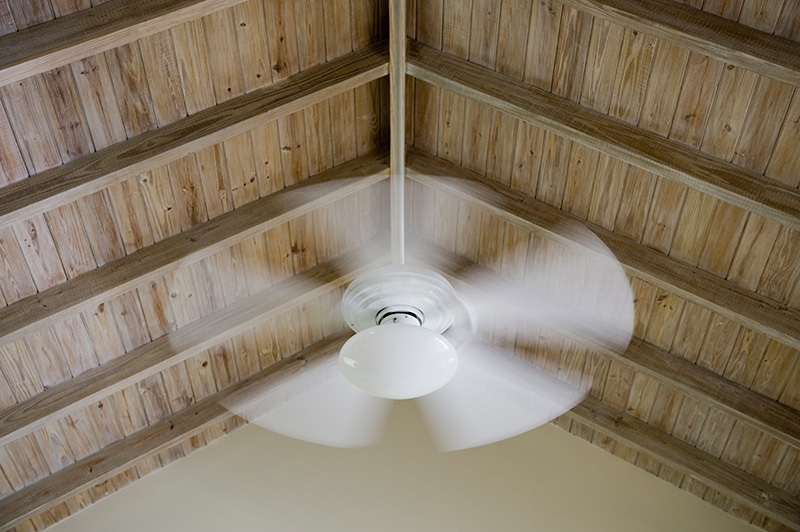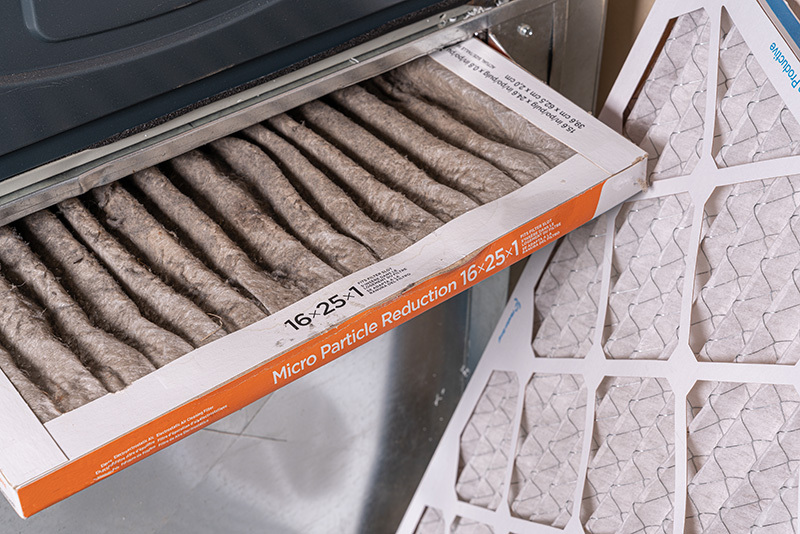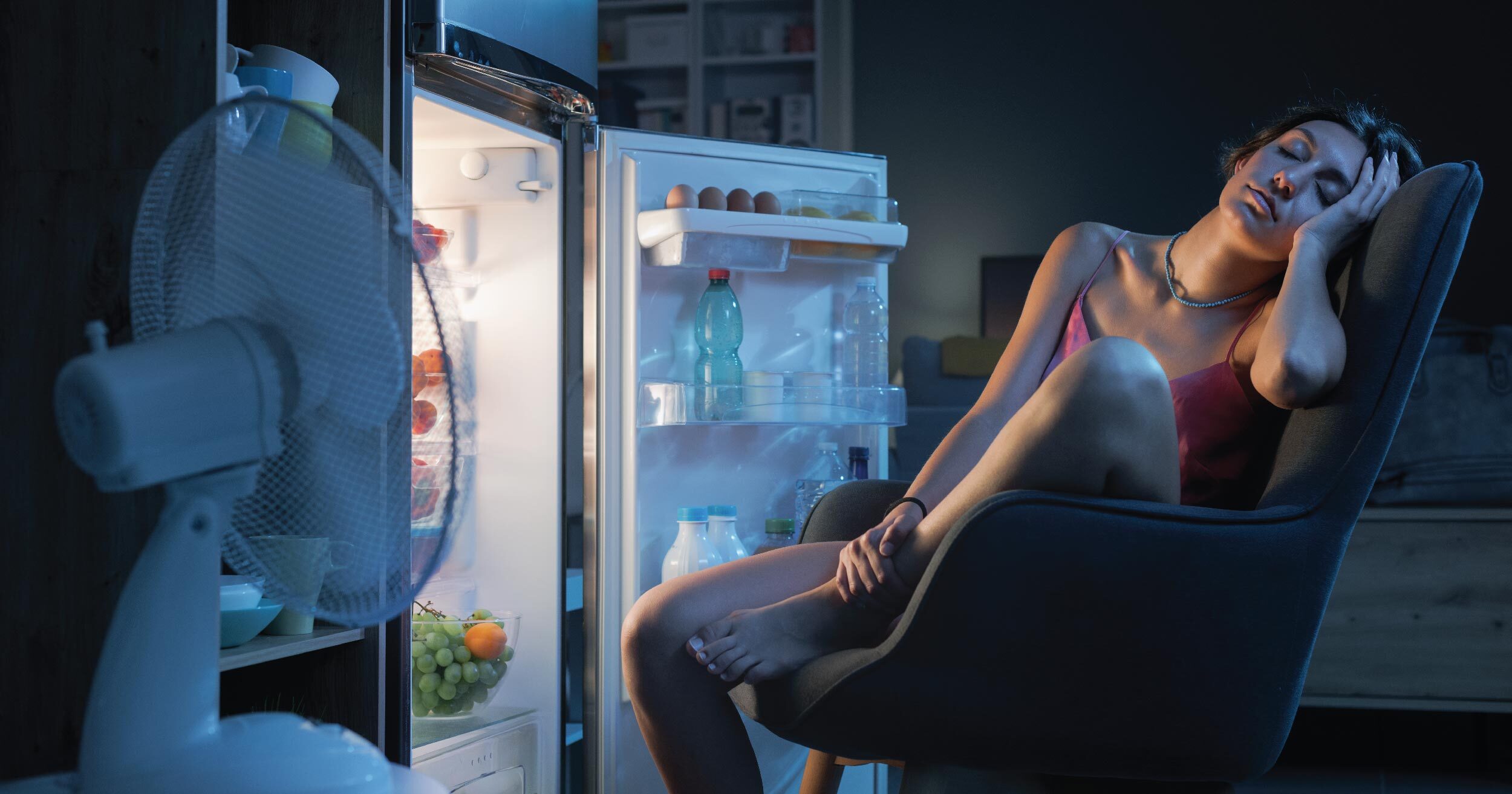How to Beat the Summer Billing Heat
If temperatures are rising, the odds are, so is summer billing in your house. You fight the temptation to lower that air conditioner and have it run all night, but the humidity and the scorching heat usually win that tug-of-war.
What do you do about it? What can you do about it?
The bill collectors are calling, and the mailbox keeps filling with notices you can’t begin to acknowledge now. Yet, you need to be comfortable in your home. You can cool off from the stress and the heat without emptying your savings account to do it.
Here are some practical tips to manage your cooling and energy bills effectively and save the stress of rising costs and summer billing.
Going Blinds

It’s as simple as using the blinds or drapes in your home to block the sun. Often, blackout shades work best. If you use blinds in rooms with a fan, turn the ceiling fans off and let the shade do its job without using any excess energy.
When temperatures drop, open the blinds back up and enjoy the day. But for the hot summer days, close them and enjoy saving money.
Fill the Leaks
Did you ever look at your front door and notice a one- or two-millimeter light gap underneath? No big deal, right? When it comes to the heat in your home, ignoring that gap is a big deal. It’s an air leak, which allows the cool air to leave your home and the hot air to sneak inside. Seal air leaks with weather stripping or caulking windows. Either way, fill those leaks, and you will save your money.
For When You Leave

When you leave your home, do you leave your ceiling fans on? Fans should cool people, not rooms. That extra second to flip that switch could save you several monthly dollars. If you haven’t already, invest in a smart thermostat so it’s easy to adjust the temperature during parts of the day. You can even operate it from your phone.
Lastly, why is the thermostat set so cool when you leave the house for work, church or visiting loved ones? Turn it up a few degrees because that’s just wasting money cooling a home with no one in it. (And your pets will be fine.)
Speaking of Ceiling Fans
The U.S. Department of Energy says a ceiling fan can make a four-degree difference in your rooms at home. But, you must run it counter-clockwise for the chill you need. And if you don’t have a ceiling fan and don’t want to install one, buy the oscillating one. Those will also help your energy bill because you aren’t charging your thermostat.
LED the Charge

You may appreciate the vintage look of those Edison bulbs or other decorative ones, but they burn money. Those LED bulbs keep years longer than regular bulbs.
They keep your home cooler and use up to 90% less electricity. It’s okay to switch. Summer billing cycles do not have to ruin these next three months. Don’t allow them to have that effect.
Beware of Phantoms
Since you’ve outgrown the fear of the Boogeyman in your closet or under your bed, we hope you’ll be able to handle this threat. Phantom energy loss (also known as the equally fearful “Vampire Energy”) is real. It’s one of the largest culprits with summer billing getting out of hand because it represents the energy you’re wasting without a clue. This happens in every home with operational electricity. Do you really use that toaster, coffee maker, or electric toothbrush around the clock? No? Then unplug them.
Filter Out the Humidity

Be honest. When was the last time you changed your air filters? Changing your filters can improve airflow in your home, which makes your HVAC not work as hard to cool your house.
Also, if you have an allergy problem, a new air filter can cut down on the dust, pet hair, and other things that collect on your dressers and shelves. Set a reminder and change those every other month. Trust your summer billing cycle will thank you.
Find Help
The most important thing we can tell anyone is don’t be too prideful or scared to ask for help. If you have difficulty paying your electric bill, among all the other necessities you have, the U.S. Health and Human Services has an Office of Community Services website you should bookmark. They offer the Low Income Home Energy Assistance Program (LIHEAP), which provides federally funded support to pay your out-of-control energy bill.
